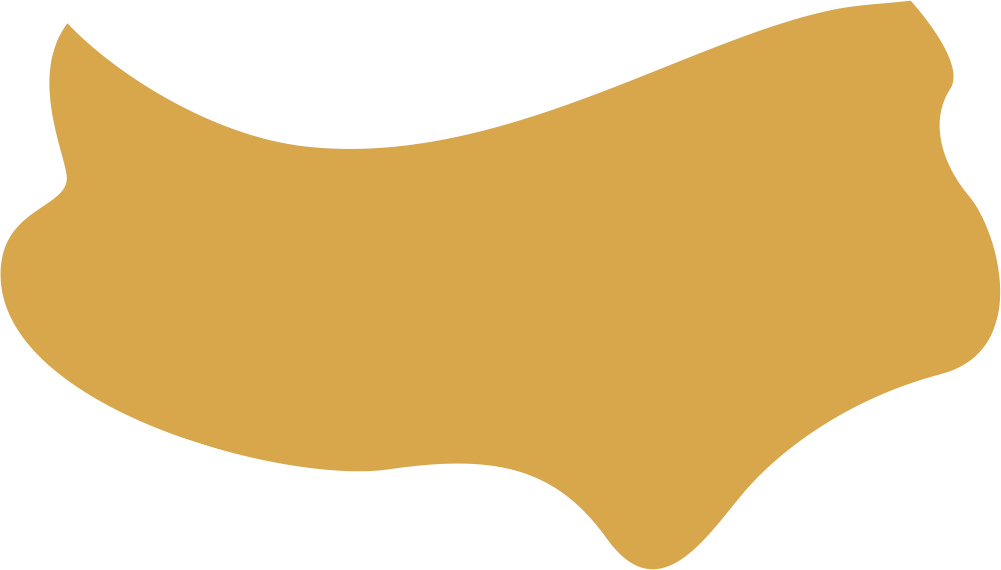
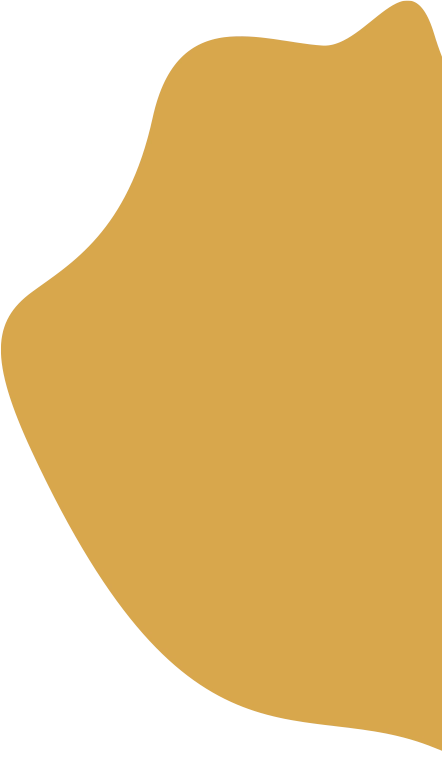
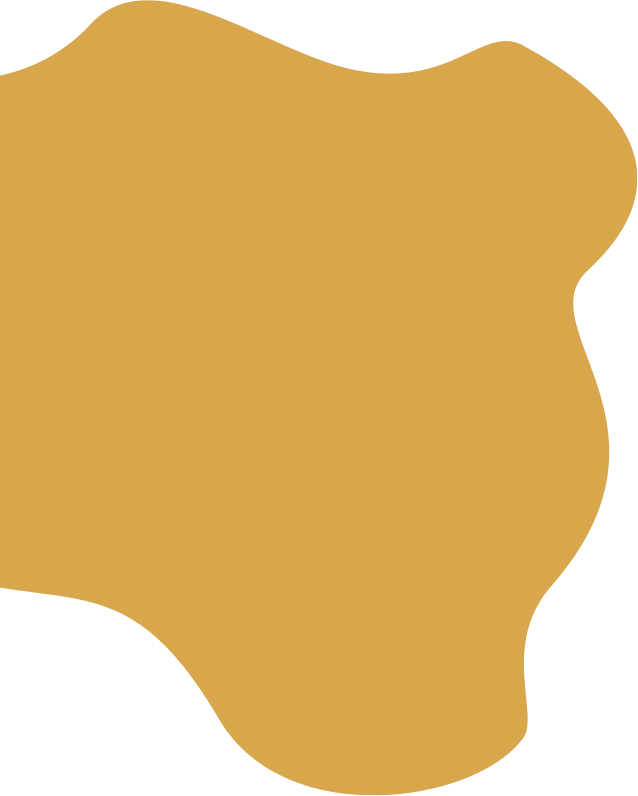
THE HOUND HUB
Why chewing isn't acceptable and how to address it
Help & Advice
2 April 2024
A dog that chews inappropriately can be a source of frustration and concern for owners, but it's essential to understand why this behaviour is not acceptable and how to address it effectively.
- Destructive Behaviour: Chewing is a natural behaviour for dogs, serving various purposes such as teething, exploration, and dental health. However, when directed towards inappropriate objects such as furniture, shoes, or household items, it becomes destructive and unacceptable.
- Safety Hazard: Inappropriate chewing can pose safety hazards for dogs and humans alike. Dogs may ingest small objects or toxic materials while chewing, leading to choking, intestinal blockages, or poisoning. Additionally, damaged household items may create sharp edges or splinters, causing injuries to both dogs and people.
- Property Damage: Chewing can result in significant damage to property, including furniture, clothing, electronics, and personal belongings. Repairing or replacing these items can be costly and time-consuming, adding further stress and inconvenience to owners.
- Behavioural Issues: Chronic chewing may indicate underlying behavioural issues such as anxiety, boredom, or lack of stimulation. Addressing these root causes is essential to prevent the recurrence of the behaviour and promote the overall well-being of the dog.
- Training and Socialization: Inappropriate chewing can hinder training progress and socialization efforts. Dogs that chew excessively may be perceived as poorly trained or poorly behaved, making it challenging to integrate them into various environments or activities.
- Hygiene Concerns: Chewing on inappropriate objects can compromise hygiene and cleanliness within the household. Dogs may spread germs, bacteria, or allergens through their saliva, exacerbating allergies or respiratory issues in sensitive individuals.
- Negative Reinforcement: Allowing or ignoring inappropriate chewing behaviour can inadvertently reinforce it, leading to further escalation and reinforcement of the undesirable habit. Consistent and timely intervention is necessary to prevent the behaviour from becoming ingrained and habitual.
- Legal and Liability Issues: In some cases, destructive chewing may result in legal or liability issues for dog owners, especially if the behaviour causes damage to third-party property or injury to other people or animals. Owners have a responsibility to prevent their dogs from causing harm or nuisance to others.
- Stress and Frustration: Dealing with a dog that chews inappropriately can be stressful and frustrating for owners, impacting their relationship with their pet and overall quality of life. It's essential to address the behaviour promptly and effectively to prevent strain on the human-animal bond.
- Health Risks: Ingesting non-food items through chewing can lead to digestive issues, blockages, or poisoning in dogs. Certain objects may pose specific health risks, such as choking hazards or toxicity, making it imperative to prevent access to hazardous materials through appropriate management and supervision.
In conclusion, a dog that chews inappropriately is not acceptable due to the potential for safety hazards, property damage, hygiene concerns, reinforcement of negative behaviour, legal liabilities, and strain on the owner-dog relationship. Understanding the underlying reasons for the behaviour and implementing appropriate management, training, and enrichment strategies are essential steps in addressing and preventing destructive chewing in dogs.
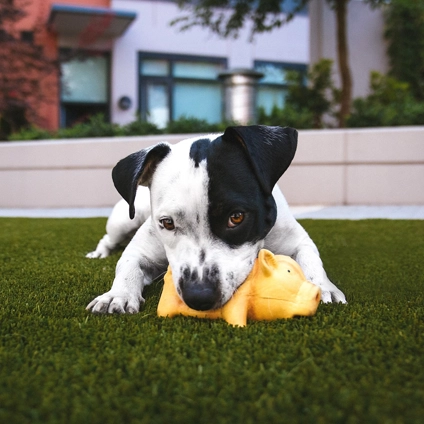
For more information on how we can help, please contact us using the form below:
For more information on how we can help, please contact us using the form below:
